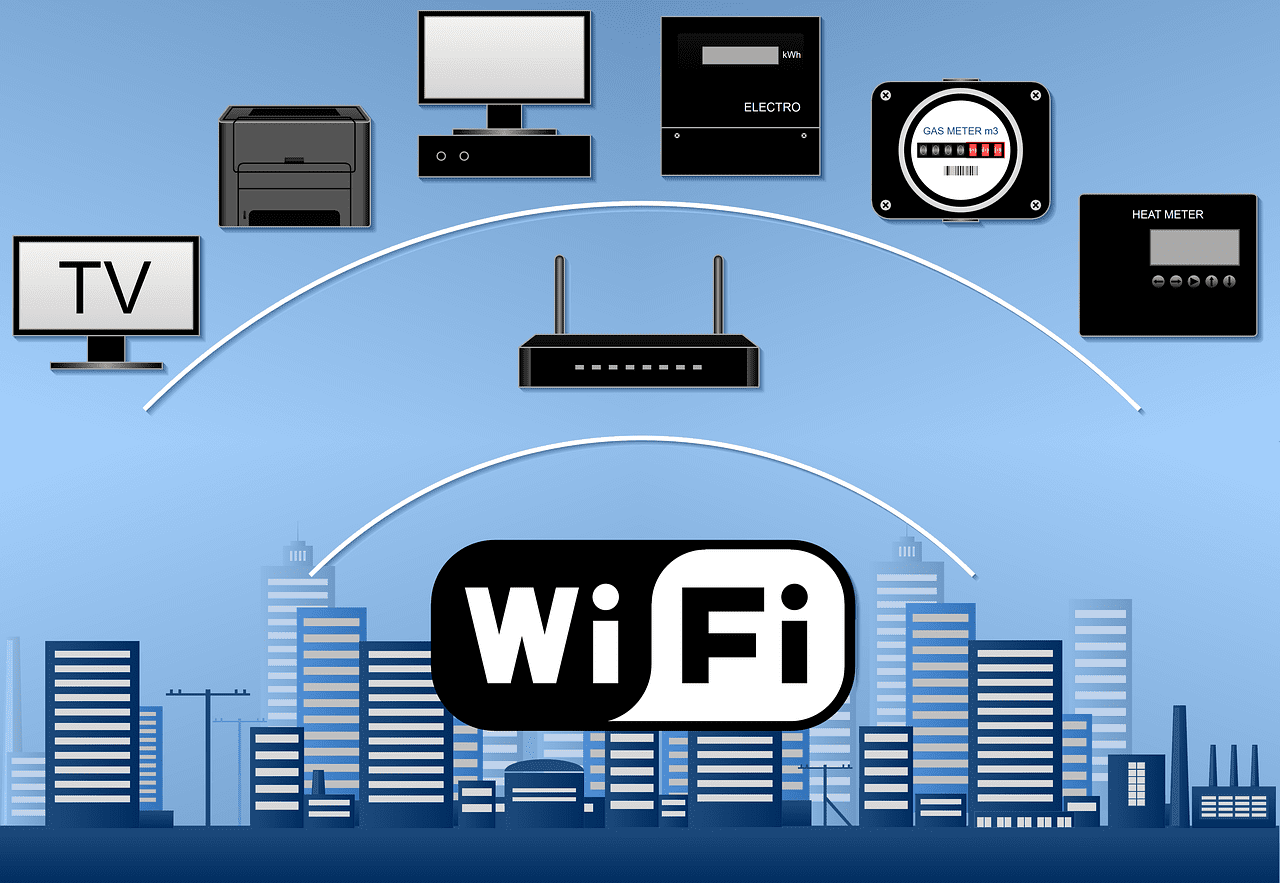Business Wi-Fi isn’t as simple as setting up a basic home wireless network. How your Wi-Fi is configured is very important, from a security and customer experience standpoint. You need to account for many more variables, such as the number of clients, coverage area, and many more things. In this post, we’re going to go over some of the things to consider when setting up a Wi-Fi network for your business.
Security
The most important factor of any network is security. With Small Businesses being the target of 43% of cyber attacks annually, you can’t take any risks. An unsecure Wi-Fi network can allow attackers to access devices, causing chaos and potentially shutting down a business. With the right hardware configuration and management plan in place, you can be protected against cyberattacks.
In addition to protecting your systems and data, you need to make sure your guests/customers are protected also. Unencrypted data can easily be intercepted and viewed by cybercriminals. This can contain email address, login credentials, credit card information or anything else transmitted over the internet.
Number of Users Expected
Whether it’s only employees or employees and guests/customers, your Wi-Fi should be able to deliver reliable traffic. The number of users expected determines what type of hardware is needed for a robust wireless network. Typically, business-grade access points allow for more users and increased reliability.
Coverage Area
Nothing is more frustrating when working with a wireless network than poor coverage. Having an intermittent signal just causes headaches for both users and systems. Poor coverage is directly related to improper planning of the network. Using the wrong hardware, poor configuration, or not enough hardware is typically to blame.
Guest Network
In the majority of cases, it’s advised to have an entirely separate network for guest usage. The primary reason is that it gives you much finer control over the networks on an independent basis. You can isolate internal resources to protect them from public traffic. In addition, you can ensure the quality of service to your core business by making sure their resources aren’t restricted by someone streaming HD content, for example.
Function and Features of Network
Business Wi-Fi has features that can help your business grow. Do you want a branded login portal for guests to capture email addresses for marketing? What about specialized reports about users and data usage to inform you of “peak” times that you can take advantage of? There are a lot of marketing schemes you can run based on the data that’s inferred from the Wi-Fi Network.
Number of Access Points/Routers
The number and placement of access points go a long way to enhancing the quality of your network. If there is an adequate number of access points with poor placement, the range and consistency will suffer. A well engineered wireless network has consistent quality and reaches exactly where you need it.
Is There Room for Growth?
The one thing about technology is that what’s currently working will not be an ideal solution in the future. Given the rapid pace of communications technology, you need some flexibility in the implementation of the solution. You also want to make sure you have an easily manageable system. Nothing is worse than having a large, complicated network that’s a pain to manage. Doing things like manual updates can potentially leave gaps for vulnerabilities, leaving your company exposed. For these reasons, you should always have growth in mind when investing in IT infrastructure projects.
More Questions about Wi-Fi? We’re Here to Help!
Hopefully, this blog post can shed some light on the world of Business Wi-Fi. If you still have questions or if you need a hand getting the perfect Wi-Fi solution in place, schedule a call to discuss how we help you with all of your IT needs. At SandStorm IT, we’ve made it our mission to ensure that businesses can survive whatever IT issues come their way. We love partnering with businesses in the Greater Memphis area on their IT.

